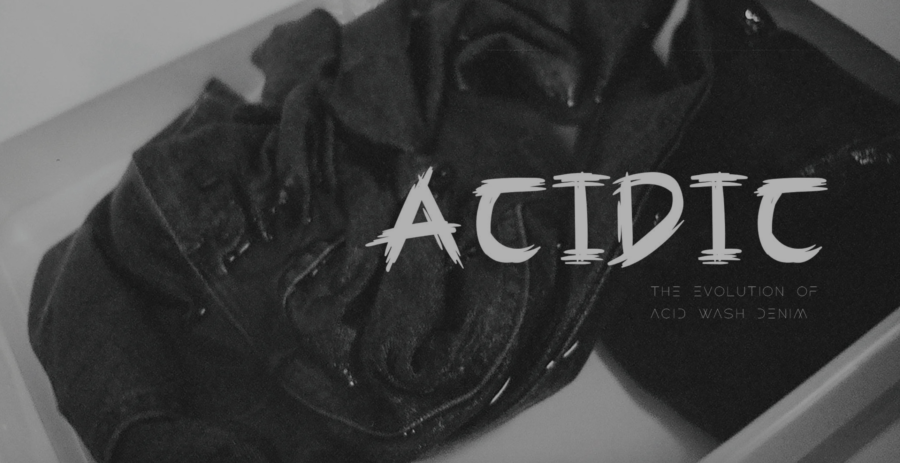You see them everywhere. On ads, fliers, emails or even word of mouth, and it attracts you like a sweet scent that has just stung your nostrils. Be honest: have you ever gone to an event or activity on campus not because of the program itself, but because some sort of free product was provided? Don’t worry, we’ve all done it. Who would turn down free food or a free T-shirt?
For senior Thu Nguyen, becoming actively involved around campus has led to a collection of university-affiliated products throughout her undergraduate experience. Nguyen has collected more than 33 T-shirts, four drawstring bags and as numerous water bottles, coffee mugs, clipboards, pens, notepads, et cetera through her involvement with organizations like TCU LEAPS, Connections and the International Student Association. Considering the fact that T-shirts and drawstring bags cost around $10-$20, with coffee mugs being around $10-$15, Nguyen’s collection may cost between $500 and $770. That’s mighty expensive for things that are “free.”
But wait, if all of these products are free, where is the money these organizations get that can constantly provide the funding for them? Yep, that’s right, out of your wallet, TCU student.
Well, sort of, just a small amount, but still an amount substantial enough to make Nguyen a little upset.
“I like my products,” Nguyen said. “For example, the water bottle I have is handy and useful, but I wish that money could go toward useful things that can enhance my academics.” Nguyen pointed out that the money could go towards vital academic enhancements, such as more prints than the 200 slides each student gets per semester, or creating a similar type of system for the copy machine, or color printing.
Senior Alex Turner agrees with Nguyen’s points. Turner said he would love to see more of this money go toward scholarships or other efforts to lower tuition. But Turner does have a collection of his own, stacked up from his involvement in organizations like Minority Student Leadership Conference, TCU’s many Involved organizations, TCU Honors and several leadership conferences he has attended.
And then there’s Student Government Association, which each student pays $45 each semester in exchange for what they hope is a great social experience.
“The majority of what SGA spends on is for the TCU experience,” Assistant Director of Student Activities Kim Turner said. “We want to focus primarily on creating atmosphere.”
Turner said that each semester, student government officers are paid an estimated $10,000, while another $50,00 goes towards 70 different organizations on campus who present to SGA for funding. With the rest of the money, SGA is able to plan events like making free tie-dye shirts, or free hot dog giveaways and even providing shuttles to airports, handing out free scantrons, or holding concerts each year such as the one with The Fray last September. Student Activities Coordinator Brett Phillips says that while a small amount of students’ money may go towards the products that are being handed out, it is the experience that matters.
“SGA wants to work with students with financial aid, as well as advocating to create the best TCU experience as possible,” Phillips said. “How do we make it feel special? How do we enhance the experience? These are questions we ask ourselves on a consistent basis.”
For seniors Turner and Nguyen, they also said it is the experience that matters the most, not the products.
“Providing free products is important, although they might not be truly free,” Turner said. “However, these products do give people memories throughout their undergrad experience, as well as give people items to add for their respective collections.
“I think providing free products for events is a form of marketing,” Nguyen said. “It’s important to promote events or organizations to help raise awareness.”
So the next time you see an ad, or receive an email with the word “free” in it, try to go for the actual program or event itself. After all, whatever “free” thing you may be receiving might be coming out of your pocket.






